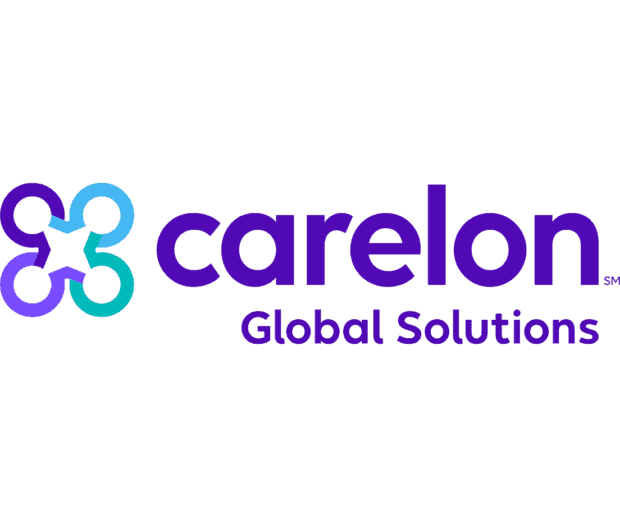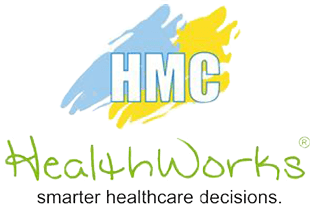
Addiction Detox Program in Prescott, AZ
Get Clean at Our Medically-Supervised Prescott Drug and Alcohol Detox Center
The first step into treating a drug or alcohol addiction is detoxing your body from its chemical impact. People with strong addictions to alcohol or drugs often cannot discontinue the use of those substances all at once or “cold turkey.” In doing so, the likelihood of there being a painful and potentially dangerous withdrawal period will go up. As each patient is unique when detoxing from alcohol or drugs, we will evaluate the best process for your needs depending on how you come to our detox center. Having your needs taken care of, no matter who you are, is what our experienced, caring staff can ensure.
Decision Point Center is proud to be one of Arizona's most trusted addiction detox centers. As part of our various recovery programs, you can add detox to begin on the right foot. Indeed, some patients who come to our doors must start with detox if it is deemed unsafe to attempt an immediate recovery without it. Our goal is to help you reach sobriety with as little stress as possible, no matter what that addiction recovery program looks like.
To learn how to get started, please call (844) 292-5010 or contact us online.
What Is Medical Detox?
Medical detox is the first step in the journey to recovery for individuals struggling with addiction. This process involves the removal of harmful toxins from the body that have accumulated as a result of drug or alcohol abuse. Medical detox is typically done in a specialized facility under the supervision of trained medical professionals to ensure a safe and effective detoxification process.
There are several stages of medical detox that patients may go through, depending on their individual needs and the substance they are detoxing from:
- The first stage is assessment, where medical professionals evaluate the patient's medical history, substance use history, and physical and mental health status. This information is used to develop an individualized treatment plan that is tailored to the patient's specific needs.
- The second stage is stabilization, which involves helping the patient manage the physical and emotional symptoms of withdrawal that may occur during detox. This may include medication-assisted treatment, therapy, and other supportive measures to ease the discomfort of withdrawal and reduce the risk of complications.
- The third and final stage is preparation for ongoing treatment and recovery. This involves creating a plan for ongoing care and support to help the patient maintain sobriety and prevent relapse. This may include referrals to addiction treatment programs, therapy, support groups, and other resources to help the patient achieve and maintain long-term recovery.
What Should I Expect When Detoxing?
Detoxing from drugs or alcohol can be a difficult and uncomfortable process, as the body adjusts to the absence of the substance it has become dependent on. Depending on the severity and duration of the addiction, the withdrawal symptoms can range from mild to severe.
Common withdrawal symptoms experienced during detox include:
- Nausea
- Vomiting
- Diarrhea
- Muscle aches and pains
- Headaches
- Sweating
- Anxiety
- Depression
- Insomnia
- Irritability
In more severe cases, patients may experience seizures, hallucinations, or delirium tremens (DTs), which can be life-threatening if not treated promptly. The intensity and duration of these symptoms can vary depending on several factors, including the substance being detoxed from, the duration and severity of the addiction, and the patient's overall health and medical history. Withdrawal symptoms typically begin within a few hours to a few days after the last use of the substance, and may last for several days to several weeks.
During the detox process, patients can expect to receive medical and emotional support to help manage their symptoms and reduce the risk of complications. Medical professionals may administer medication-assisted treatment to help ease the discomfort of withdrawal and reduce the risk of seizures or other serious complications.
Emotional support may include therapy, counseling, or participation in support groups, such as Alcoholics Anonymous or Narcotics Anonymous. Patients can also expect to receive guidance and support in developing a plan for ongoing treatment and recovery to help maintain sobriety and prevent relapse.


Working to make your recovery affordable by accepting most insurances
Do not be discouraged if you are not seeing your insurance provider listed on our website. We take many types of insurance! Call Today: (844) 292-5010
-

-

-

-

-

-

-

-

-

-

-

-

-

-

-

-




















